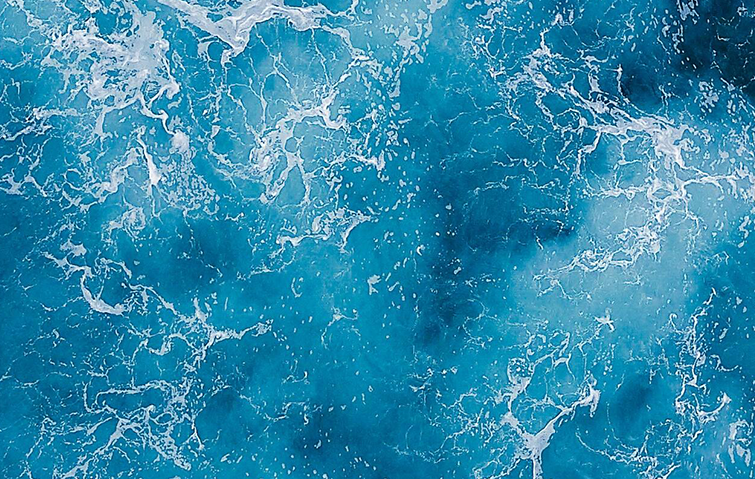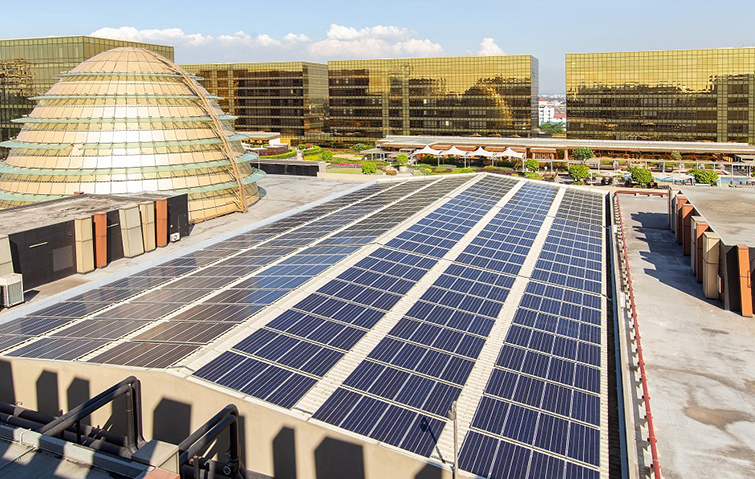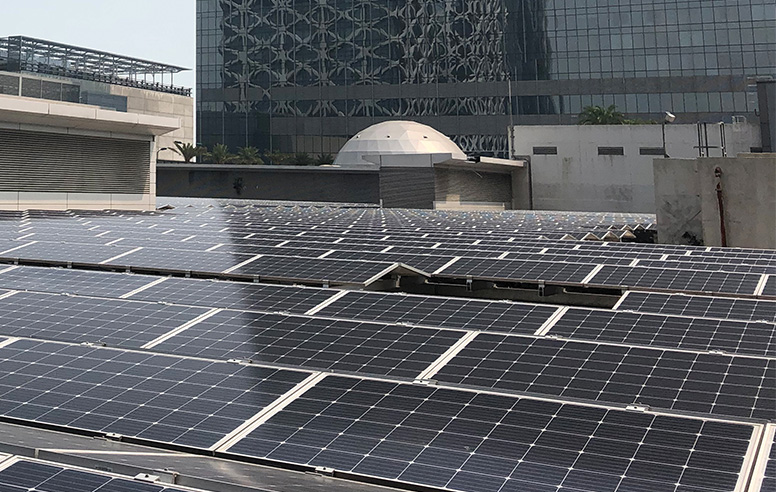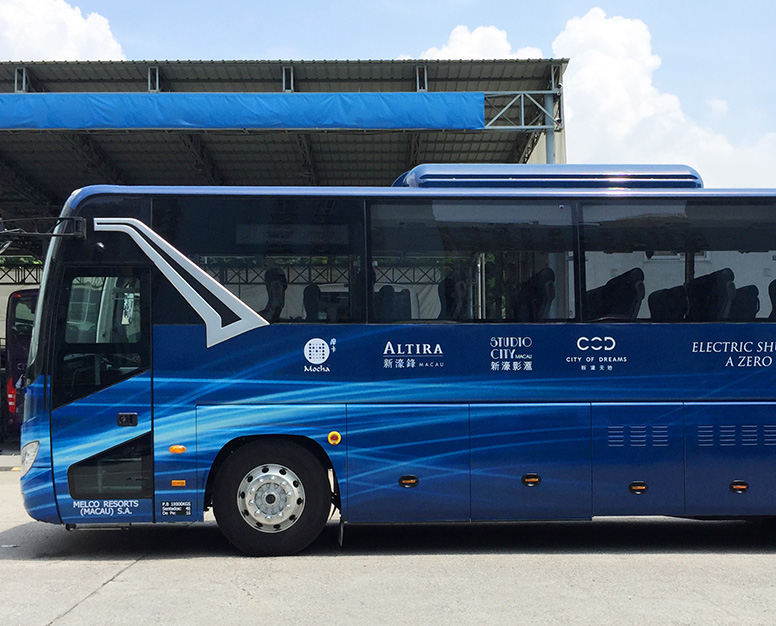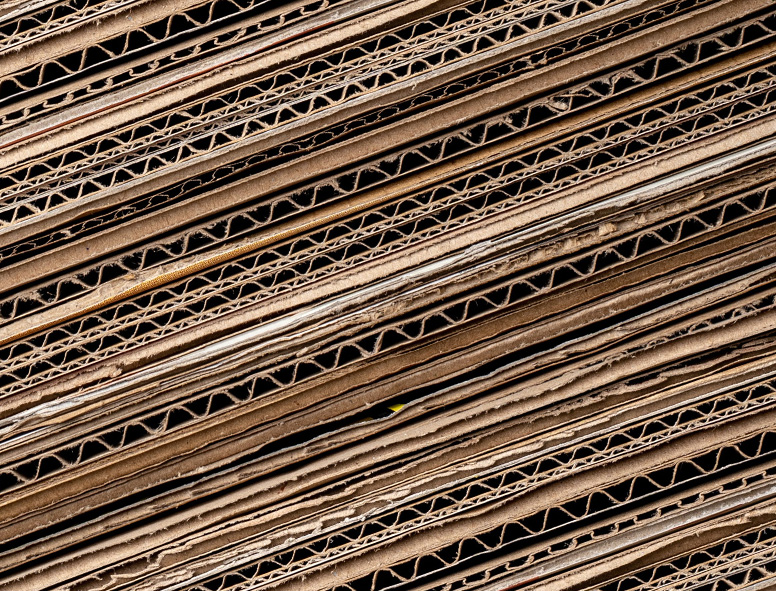To radically decarbonize our systems and resorts to meet the ambitious target of becoming carbon neutral by 2030, we must relentlessly seek out the latest technologies, low-carbon materials and energy-efficiency measures to reduce our carbon footprint.
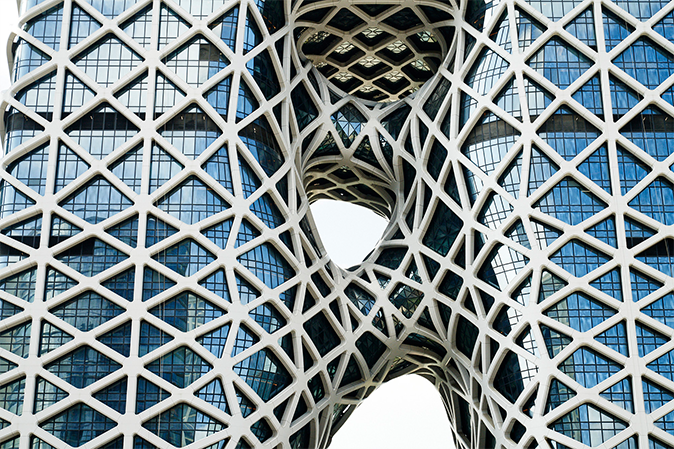
THESE INCLUDE:
1.
Prioritizing investment in renewable energy by installing renewable energy systems onsite
2.
Adopting efficiency measures to reduce overall energy consumption at all our resorts
3.
Phasing in electric vehicles across resorts where the infrastructure exists, starting with shuttle buses, with a longer-term goal for all our vehicles to be fully powered by renewable energy where possible. Increasing the number of charging bays for electric vehicles for guests and colleagues to use across all resorts
4.
Purchasing electricity from renewable sources in local markets through Energy Attribute Certificates (EACs), other renewable energy instruments or verified carbon credits, equivalent to the quantity of GHG emissions arising from electricity consumed by Melco
